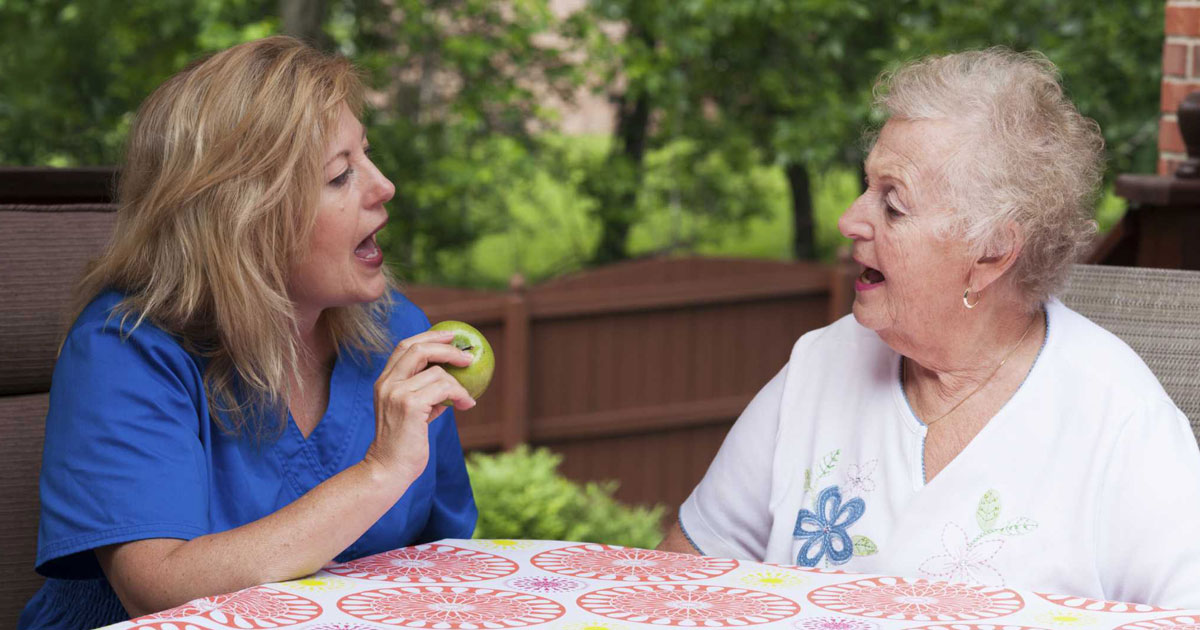How To Treat Broca's Aphasia
Broca's aphasia is one kind of aphasia (language loss). It results from damage, such as through a stroke or head injury, to the part of the brain where language is produced. An individual suffering from Broca's aphasia can usually understand what others are saying, but they cannot produce the words they need to respond. Many patients can produce nouns and verbs, but auxiliary words like prepositions and pronouns become difficult.
Sometimes a patient can only produce one word for an entire sentence. There are no medications that treat Broca's aphasia, though verbal exercises have helped patients retrain their brain to produce language. The level of recovery for each case is very individualized.
Work With A Speech-Language Pathologist

Speech therapy is an important treatment for Broca's aphasia patients. When a patient takes the time to work with a speech-language pathologist, they protect the language they still have. They work on recovering the language they have lost. This may include muscle exercises for the face and mouth, word repetition, flash cards with either words or pictures on them, reading exercises, and writing activities.
Each of these is a pathway for the patient to travel on as they try and find their way back to full or partial communication. Each builds brain centers in different ways, just as different muscle exercises help athletes strengthen their bodies for sports. Working with a speech pathologist also helps patients build skills for dealing with the frustrations that accompany Broca's aphasia and the lack of ability to communicate.
Continue Active Communication With Patients

Family and friends can provide a great deal of support for the patient. Their involvement will make a difference in how much the patient can practice their therapy exercises and language skills on a daily basis. It is important to continue active communication with patients, and family members need to be patient. They cannot correct the language for the patient, who must practice producing it themselves. They can, however, give the patient the time they need to produce words.
Others may speak to patients as an adult because they need to hear normal conversation and so their own frustration is kept at a minimum. Including them in conversation, asking for their input, and allowing them the time they need to produce communication is key for Broca's aphasia patients. It will help the patient's brain to get the practice it needs to rewrite synaptic pathways and rebuild speech skills. On the other hand, don't force the issue on a patient who is dealing with too much at a particular time.
